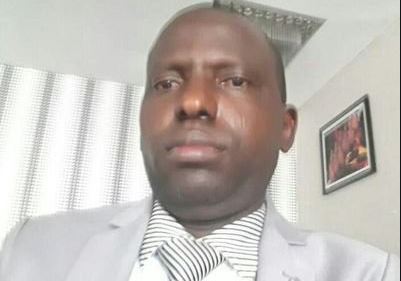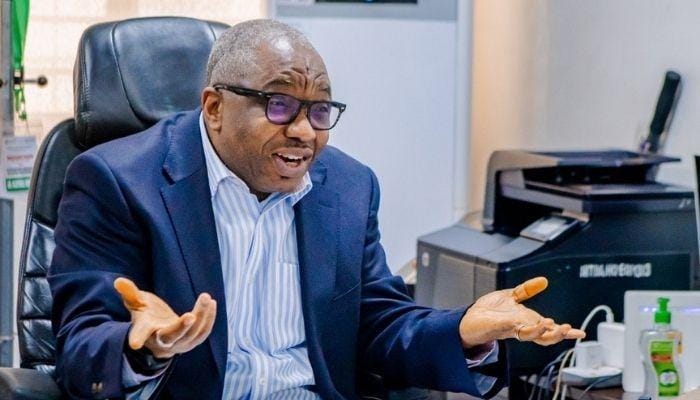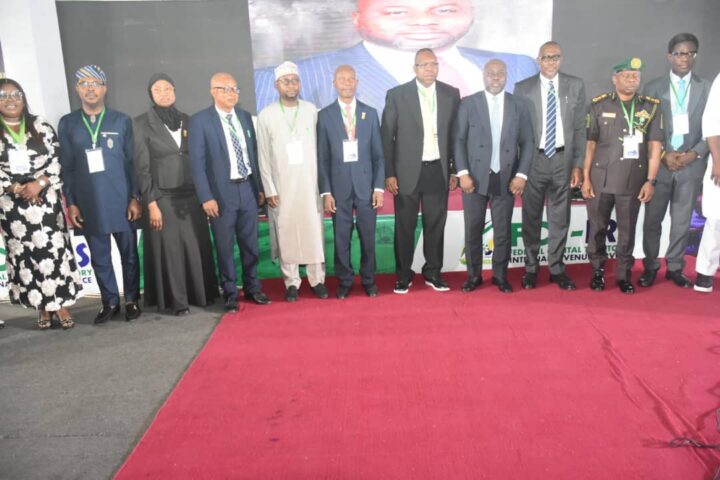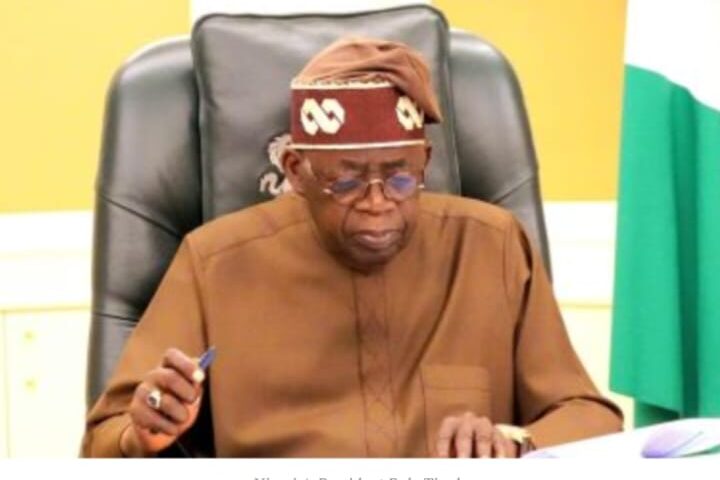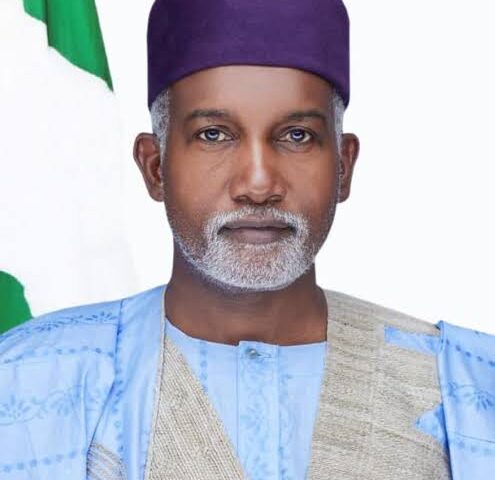President of the Nigeria Consumer Protection Network (NCPN), Kunle Kola Olubiyo, has described the proposed sales of the five NIPP power plants by Bureau of Public Enterprises (BPE), as a miscalculated action that has national security risks.
He re-echoed the voice following the commencement of special parliament inquiry into the sales of the assets later this week.
Speaking in Abuja, Olubiyo, noted with concern the ongoing process by BPE to privatise five NIPP plants under the Niger Delta Power Holding Company (NDPHC).
He reasoned that any such action is self-serving and at very best, chronic form of national assets stripping coming at a time when the current President Muhammadu Buhari’s administration is already on the verge of completing its tenure.
BPE had recently pre-qualified 16 firms for the privatisation of five National Integrated Power Projects (NIPPs) in the country. NCPN has also seen records of firms described as the bidders for the Geregu, Omotosho, Olorunsogo, Calabar and Benin-Ihovbor NIPP plants. However, some of the firms have hardly any experience in the business of power generation.
The plants under the NIPP of the NDPHC have always been infrastructure providing electrical power supply and national energy security.
During the COVID-19 pandemic when the private investors of other Generation Companies (GenCos) ramp down electricity generation due to low revenue returns, the NIPPs being public assets, provided Nigeria with the much-needed energy security and its attendant socio-economic stability
as it had to ramp up power supply to avoid economic and administrative shut down in the country.
Olubiyo maintained that the private firms in the power sector so far have not fared better than the NDPHC GenCos which have its gas obligations, gas pipeline assets, contributed to both transmission and distribution networks nationwide.
He said:”Very recently, the gas producers have allegedly made claims of a legacy debt of about $1 billion. These legacy gas debts were accumulation over a long period of time and if at any point they stop supplying gas to the GenCos, Nigeria could be plunged into darkness if the NIPP GenCos are sold off and the entire power sector upstream is left at the whims and caprices of wholly private sector investors.
“Even when some of the NIPP/NDPHC GenCos have not been put to optimal use, the country is still seeing their impact on the national grid while serving as the nation’s energy security backups. What BPE and any designated agency of government should be thinking of at the moment is how to optimize the NIPP/NDPHC GenCos so that Nigerians can make the best use of this power sector intervention, as that was what they were designed for.
“The NIPP interventions which cut across the power sector value chain and implemented by NDPHC requires that the Nigerian Electricity Regulatory Commission (NERC) would have evaluated them and determined their real value. However, for over nine years, NERC has been endlessly doing evaluation of these investment values without result.
“Without this evaluation to determine the Capital Expenditure (CAPEX) in the NIPP power sector intervention projects, NDPHC has been continually short-changed of revolving funds that should be re-invested into other power interventions in line with Nigeria’s energy access for all targets of 2030.
“The consumer network (NCPN), at the moment opposes any move to sell off five of the NIPP GenCos for now. We are not saying that the plants would not be sold at the appropriate prices and time in the future but not now, when Nigeria is seriously battling challenges of deliberate load rejection by the Distribution Companies (DisCos), deliberate low energy dispatch by the Transmission Company of Nigeria (TCN) load dispatch managers from the various energy load dispatch centres and the National Control Centre in Osogbo, Osun state.
“It is already election time and we believe that even if the five NIPP GenCos are sold, the proceeds may not be useful for the country and may just go into the hands of political cronies at the three tiers of government rather than a re-investment in NIPP/NDPHC revolving funds that could help in upscaling the investment milestones and expansion of the original ideals of the NIPP project’s conceptualization.Selling off the five NIPP plants may not guarantee their optimal performance as the new investors will have to begin a fresh journey of having some levels of Power Purchase Agreements (PPAs) and Vesting Contracts with the Nigerian Bulk Electricity Trading PLC (NBET).
“However, at the moment, NDPHC has some already signed bilateral contracts for Take or Pay deal for gas supply agreement for some of the GenCos and come handy, to operates as national energy security backups, even private GenCos down tools, thus serving as a core energy security backup for Nigeria while earning revenue for the governments.
“We advise the government to join hands with experts and professionals like-minded people within and outside the power sector to come up with a comprehensive mechanism to address the decline in growth being generally witnessed in the areas of universal access to energy security, decline in energy load dispatch by TCN, decline in generation capacity, decline in energy load utilisation by the DisCos”
He enjoined the Nigerian House of Representatives Special Investigative Public Hearing to look into the basics and fundamentals challenges and help in overall public interest avert needless chaotic energy crises that may come with attempted sales of the five NIPP/NDPHC power plants by BPE.
He advised the Nigerian government to also learn from the poor implications and delivery of the 2013 power sector privatisation exercise also carried out by the same BPE.
FG Has No Alternatives To Removal Of Fuel Subsidy-Oil Marketers
The Major Oil Marketers Association of Nigeria (MOMAN) says ending subsidy on Premium Motor Spirit (PMS) is extremely difficult but
The Federal Government has no other option to planned removal of fuel subsidy due to the prevailing economic realities in the country,the Major Oil Marketers Association of Nigeria (MOMAN),has said .
The marketers also said halting subsidy on Premium Motor Spirit (PMS) is extremely difficult but necessary.
Its chairman,Olumide Adeosun,who disclosed these at the just concluded Association of Energy Correspondents of Nigeria (NAEC) Strategic International Conference in Lagos,also advocated for massive investment by the government in various sectors such as mass transportation, healthcare and education to successfully wean off Nigerians from petrol subsidy.
Represented by Mr Clement Isong, the Chief Executive Officer, MOMAN, Adeosun said it would remain extremely difficult to wean Nigerians off cheap PMS, also known as petrol.
He said: “It is something that must be done as there are no more viable options.We are told that this year the subsidy bill to the Federal Government may be between N5 trillion and N6 trillion. Clearly, Nigeria cannot afford this.
“To wean Nigeria off this subsidy, a lot of investment must be done to sensitise Nigerians in convincing them and finding alternatives.We need to begin to remove the subsidy and mitigate the pains Nigerians will feel when petroleum prices begin to manifest their true value.”
He said marketers were optimistic that the industry was headed in the right direction with the enactment of the Petroleum Industry Act (PIA) 2021 which was an excellent piece of legislation.
“We are now at the point of implementation, which is taking a bit longer than hoped but this is not necessarily a bad thing.The President postponed the implementation of free market pricing, which has caused a slowdown with respect to benefits expected from free competitive open market pricing, such as new investments and subsidy removal, ” he said.
Adeosun said the marketers were also convinced that (the decade of gas declared by the Federal Government in January 2021) was clearly the way forward.
He said, however, the increase in gas prices worldwide and the unavailability of the product had made it a little more difficult in the roll out.
Adeosun said: “The ordinary Nigerian who was meant to transit to gas not just for cooking but also for powering automobiles and power generation is struggling and because PMS pricing is yet to be fully deregulated.It creates an aberration and additional challenge for the adoption of gas, as most people are still dependent on cheap PMS for their cars and generators.”
He said while the Nigerian Midstream and Downstream Petroleum Regulatory Authority (NMDPRA) has an important role to play in guiding our future, the best regulator ultimately is the market.
“The market regulates prices if you are too expensive people would not buy from you. The market regulates quality as well as customer service. The market also rewards the best in class.We need to move to an era of transparency and information dissemination.
“Energy correspondents need to share as much information as possible with the market and public with respect to cost prices, quality, product specifications, customer service and pump prices.That is the best regulation you can ask for,” Adeosun said.


